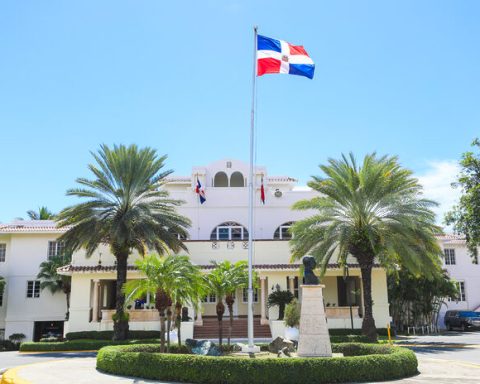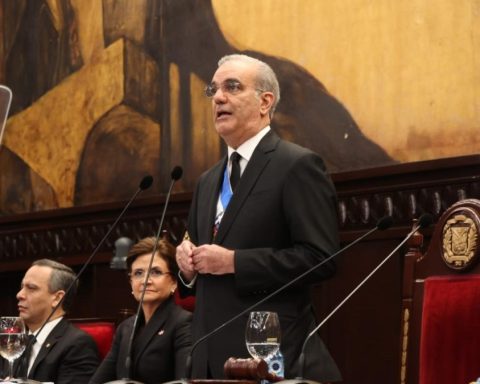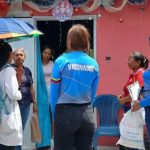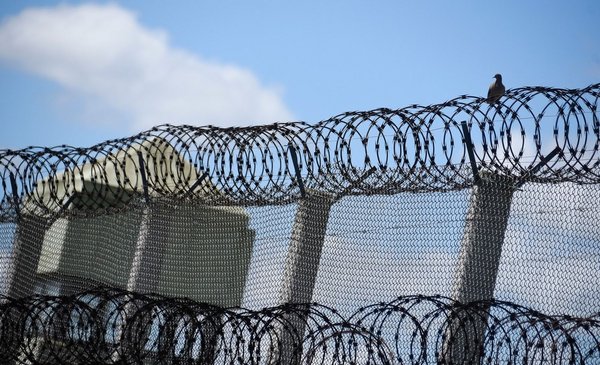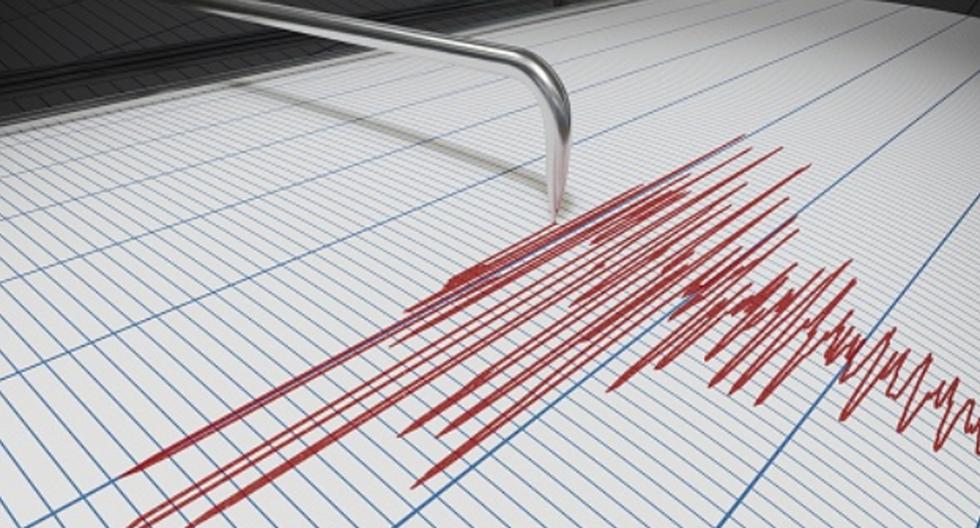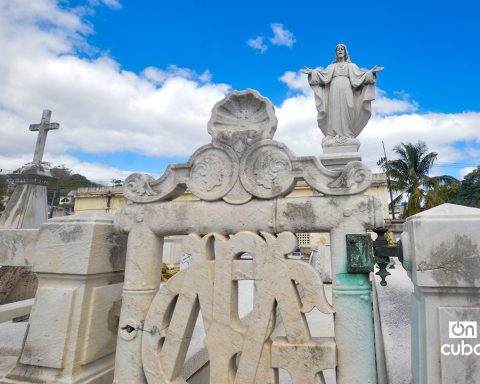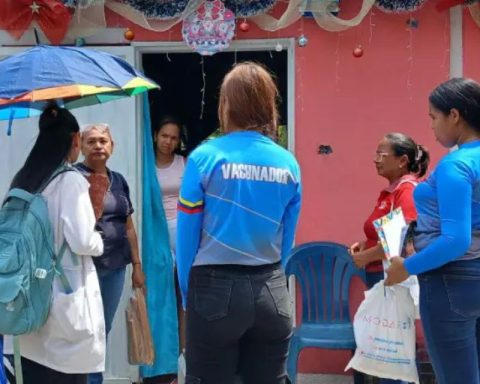The entity Business Action for Education (Educa) considered that the report “Two years later. Saving a generation”, in which the World Bank discusses the impact left on the school system in Latin America and the Caribbean by the covid-19 pandemicis an academic exercise that simulates scenarios based on known assumptions about school absenteeism, so they should not be make light conclusions.
That’s how he put it Maria Waleska Alvarezpresident of the institution, who stressed that, although the work done by the technicians of the multilateral organization is correct, “as an academic exercise, it is not known for sure that prolonged non-teaching for extraordinary periods has a linear behavior.”
“So it is not certain that these assumptions on which the study is based will end up being confirmed, once the data derived from the diagnostic evaluations and ongoing national tests, remembering that the objective of studies such as the one cited is rather aimed at raising awareness about the possible risks of inaction”, he referred.
Can read: Minerd applies 10% salary increase to teachers
In this context, he pointed out that, fortunately, in the Dominican Republic during the days of the pandemic, a series of policies to increase the capacity of educational system retentionand thus avoid the premature exit of the classrooms of thousands of students.
Álvarez also said that actions have been promoted to ensure elementary learning for each grade and level, as a palliative action against the effects of the pandemic, which are also being evaluated and monitored.
“Because the ongoing evaluations still do not have official or informal information to evaluate the effects of said measures or policies, it would be incorrect to conclude to date and with the available data that the quality of education measured by level student learning has deteriorated significantly,” he said.


